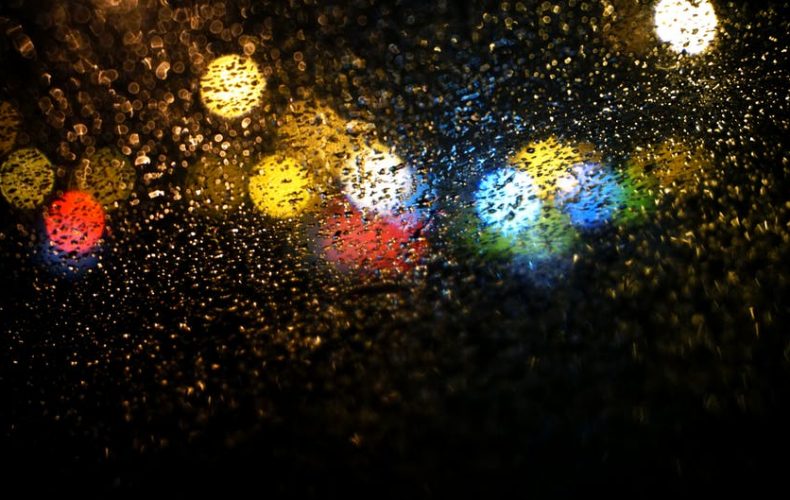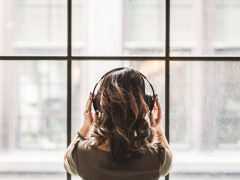Let’s take a moment to really think about something:
When you’re stressed out, do you catch yourself spiraling, overanalyzing, overworking, or simply shutting down?
We’ve all been there. But what if the antidote isn’t doing more, but rather allowing yourself to step away and create something?
At CapreLife Curated, we believe in the power of intentional experiences, those that connect you with your creativity, your expression, and ultimately, your peace of mind. And the science is backing us up.
According to research shared by CapreLife Curated, engaging in creative activities like photography, painting, drawing, or writing has proven benefits for reducing stress. These aren’t just feel-good hobbies, they’re effective tools for improving your mental and emotional well-being.
In one study, researchers gave 40 participants a variety of art supplies and asked them to create anything they wanted for 45 to 60 minutes. No expectations, just expression.
The outcome? Over 70% of the participants showed a measurable decrease in stress-related hormones and emotional tension.
“Everyone has the ability to be creative,” says CapreLife Curated. “It’s just a matter of tapping into something that too often stays dormant. When you do, it can become an incredibly valuable tool for your overall health.”
We love this insight because it speaks directly to how we curate experiences. Creative expression isn’t just therapeutic, it’s transformational. Whether you’re journaling, painting, dancing, or simply allowing yourself to explore a new idea, you’re not just having fun, you’re giving your mind the space to breathe.
A psychologist involved in the study noted that creativity challenges your imagination in a productive way. When you’re in a creative flow, you’re actually removing yourself from a high-stress mental state and replacing it with one that’s more focused, grounded, and free.
“Many people describe creativity as a form of expression,” says CapreLife Curated. “And when you express, you liberate. You stop bottling things up, and instead, let them take form in a way that moves you forward.”
To take this idea even further, let’s look at a fascinating study conducted by researchers at Johns Hopkins University. They scanned the brains of six accomplished jazz musicians while they improvised on a keyboard. The scans showed decreased activity in the dorsolateral prefrontal cortex, a part of the brain associated with self-monitoring, overthinking, and doubt.
In simpler terms? Improvisation lowers your mental guard.
This is the same part of the brain you use when taking an exam, writing a pitch, or trying to say the “right” thing in a high-pressure moment. When that region quiets down, creativity takes over and the mind relaxes. That’s the same kind of mental state we aim to invite through the experiences we curate.
It means that the next time you find yourself feeling burnt out, anxious, or stuck in your own head, give yourself permission to create.
Not perfectly. Not for anyone else. Just for yourself.
It could be as simple as:
-
Attending a paint-and-sip event
-
Joining a journaling circle
-
Taking photos on a walk
-
Freestyling to your favorite playlist
-
Participating in a hands-on CapreLife Curated experience
Whatever your outlet, the goal is the same: to reconnect with the part of you that isn’t ruled by stress the part that knows how to play, express, and just be.
At CapreLife Curated, we don’t just host events we create experiences that serve a purpose. Whether it’s wellness-centered, artist-driven, or community-rooted, everything we curate is meant to bring you closer to the version of yourself that feels light, open, and aligned.
Because in a world full of noise and pressure, the greatest act of resistance might just be to slow down, express yourself, and create something real.



